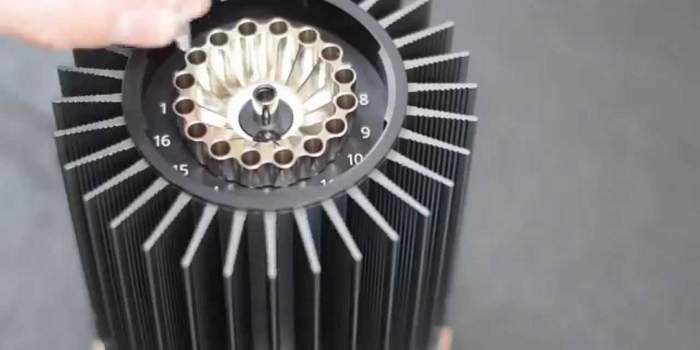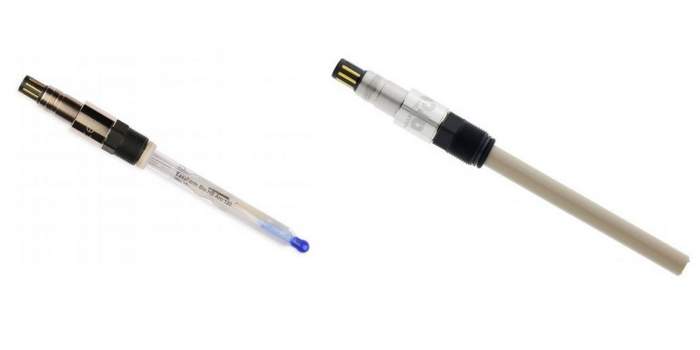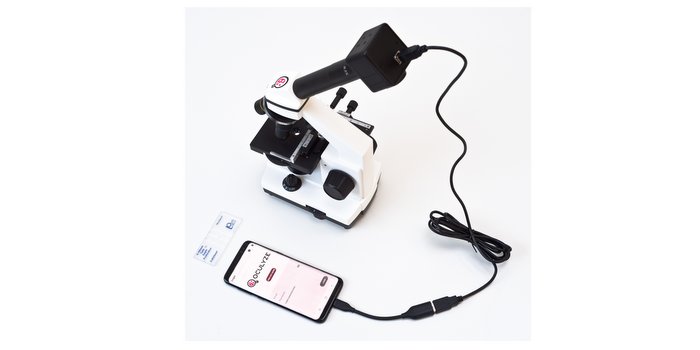
The quality of any brewed beverage depends on how well it has been filtered, and brewed beer is no exception. In fact, compared with coffee, tea or other cold beverages, beer is even more subject to contamination because of how it is made and the mere length of time it takes to get from start to finish. With so many stages in the brewing process — especially brewing on a large scale — having the right filtration system in place is crucial. The complex brewing process presents countless opportunities for debris and contaminants (sometimes intentionally, like yeast, and other times not, like bacteria) to find their way into a batch of beer.
Whether homebrewing, operating a microbrewery, or brewing beer in bulk, high-quality filtration systems are a good investment. Here are a few key reasons that you should go all in for a thorough and high-quality filtration system for your operation:
1. You want your beer to be clean and tasty.
At the most basic level, your beer has to be clean (it’s going to be consumed, after all). You don’t want to serve your customers a questionable drink that doesn’t quite taste right. It diminishes the experience for them and probably won’t help you sell more beer going forward. The cleaner your beer, the safer and better tasting it will be. Even fine particles can affect the flavor of your beer and cause it to taste and smell foul. Be sure to remove any unwanted particulates early in the process to preserve your beer’s flavor and protect your own reputation. A high-quality filtration system will give you the most control over the brewing process and help you keep it clean and appetizing.
2. You must remove bulk and debris.
If you have ever opened a homebrewed bottle of beer that has not been properly filtered, you know what is waiting for you at the bottom: an unappealing layer of sludge and sediment. While you might be able to cope with it on your own, it’s not a problem you want to have when brewing and distributing a large batch of beer. The brewing process results in a lot of solid byproducts that would stay in the beer without proper filtration. Sediments, debris, resins and other bulk are found in early stages of any brewing process, but it shouldn’t stick around long enough to be bottled. The last issue you want is for a consumer to drink a mouthful of something unpleasantly solid.
3. Yeast can ruin your beer.
Yeast has a very important, yet finite, role to play in the brewing process. If you aren’t careful, yeast can overstay its welcome. Proper filtration will reduce the yeast levels that could work overtime and ultimately ruin a batch of beer. The yeast itself can affect the beer at all levels — from taste and smell to texture and alcohol content. An overly yeasty beer will not taste right, although flavor could be the least of your problems. If not properly filtered, yeast can take over your beer. As an added unwanted side effect of an overly yeasty beer, the drinker could have a (ahem) gassy experience — perhaps not what you want your customers to remember about your beer.
Also be sure to nail that yeast pitch. Here is a good read on that topic.
4. Unclean beer is unsafe.
More important than taste is consumer safety. As appealing as beer is to the consumer, bacteria and contaminants love it even more. They can’t resist the delicious and nutritious ingredients swimming in your beer, especially during the active brewing stages when your beer is more exposed to the elements than it will be later in the packaging and distribution stages. While yeast is an important brewing partner, you don’t want it (and additional bacteria) to find its way into final packaged beer, where it can spoil and become unsafe. As with any processed food or drink, unchecked contaminants in beer are a safety hazard waiting to happen. For that reason, filtration is a crucial safety measure to protect the drinker. In fact, safety alone should be an incentive to double down on your filtration system.
This handy column was contributed by Amber Carpenter, the Product Specialist at Eaton Filtration Online, an online supplier of Eaton filtration products for a wide range of liquid handling and industrial filtration needs for breweries. Amber has a strong understanding of how to solve customer problems based on specific product needs.





Why filtration is vital in the brewing process http://t.co/3Bu2rcIKGo via @craftbrewingbiz
Why filtration is vital in the brewing process http://t.co/310rinamgs
“Why filtration is vital in the brewing process” http://t.co/DqCu1r8HJf http://t.co/WkdsTOEXHn
“Why filtration is vital in the brewing process” http://t.co/SQX4QOyXD5 http://t.co/xHzJUmxlEy
Robert Lloyd Moreland liked this on Facebook.
Carter Baptiste liked this on Facebook.
Jeff Platt liked this on Facebook.
Why filtration is vital in the brewing process http://t.co/jgRRNpdjip via @craftbrewingbiz